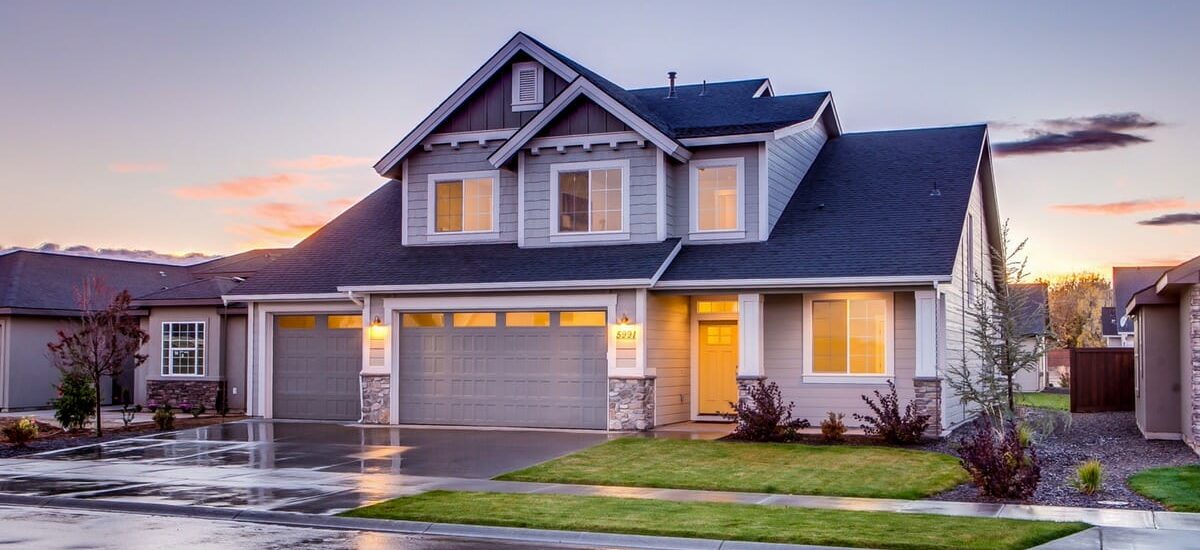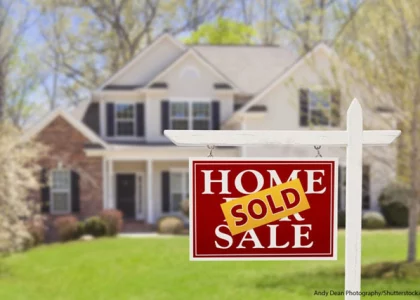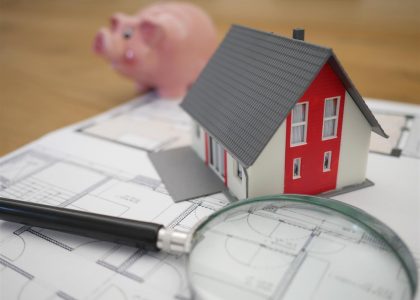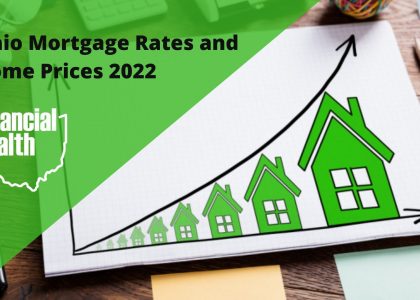It’s easier to purchase a house than most individuals think. The days when buying a house required huge sums of money are long gone. A 20% down payment is no longer required in order to purchase a house.
This article will also demonstrate you some low-down payment loan options and what you can do if your credit score is low. A zero-down mortgage is exactly what its name implies—a house loan that doesn’t require a down payment. The first contribution you make toward a house is a down payment, which is due when your mortgage loan closes. Your down payment is typically determined by the lender as a percentage of the overall loan amount.
Continue reading to get started on your path to homeownership if you’re wondering how to purchase a house with no money down.
How to buy a House with Bad Credit?
It is definitely possible to purchase a home with bad credit, but the process is more difficult and expensive than it would be for those with excellent credit. You should think about your motivations for wanting to own a home before you start the home-buying procedure.
If your financial position is unstable, you might ask yourself, how much money do you need to buy a house. It may be difficult to cover many unforeseen costs of homeownership. Your best financial option might be to keep renting forever or until your credit gets better.
Even though it may be more expensive, refinancing or obtaining a mortgage for a home with less-than-perfect credit may still be preferable to paying rent. Here are some pointers to assist you as you research how to obtain a mortgage with poor credit:
- Shop around. Various mortgage lenders may be able to offer lower rates than others. Multiple rate estimates can save you thousands of dollars compared to a 30-year mortgage, according to research.
- Think beyond banks. There are other financing options available. Credit unions, non-bank lenders, online lenders, and other lenders are all competing for your company. Let them compete to see who can give you the best price.
- If you’re a first-time home buyer or otherwise qualify for low-income loan programs, you have choices beyond a conventional loan. Look into bad credit home loans.
- Locate a co-signer If your credit is poor, you might think about getting a friend or family member with higher credit to co-sign your mortgage. This could strengthen your application, but only if the co-signer is prepared and eager to assume the obligation.
- Check to see if you are eligible for down payment assistance. If you have poor credit and are looking to purchase a home, you may be concerned about making a down payment or trying to increase it to make up for your credit situation. There may be one that you are eligible for among various down payment assistance programs offered nationally.
- Avoid making any significant adjustments to your finances. Avoid taking on or filing for new debt during the mortgage application process as it can lower your credit score. This includes new credit cards and large purchases.
- Beware of loans with “guaranteed” clearance. It’s a warning sign if you see advertisements offering “guaranteed” mortgage approval regardless of credit. There cannot be a “guarantee” unless a lender confirms a borrower’s capacity to repay a debt in accordance with federal regulations. You might even receive a guarantee of approval with these deals, but it will cost too much or be overpriced.
The Mortgage with no Down Payment
First-time home buyers can purchase a home with no money down. As little as 3% down is required for other choices like the FHA loan and Conventional 97. Additionally, homebuyers everywhere can apply for government loans and subsidies to help them pay for their out-of-pocket expenses.
What does down bad mean?
It is feasible to purchase a house with little to no down payment. Although there are zero-down mortgages, they are only available to a small number of people, such as veterans and rural homebuyers with low to middling incomes. A low-down-payment mortgage is more likely to be approved for by most buyers than a credit requiring no money down.
The good news is that every state provides some kind of help to homebuyers. Your down payment might be covered by these government aid programs, saving you from having to pay it yourself. Remember that as a buyer, you must also pay closing fees, which may exceed your down payment. However, there are a number of methods to get all or a portion of your fees covered and avoid making an upfront payment. Discuss your choices with your loan officer.
The Bottom Line
You can learn how to purchase a home despite having poor credit. Investigate various mortgage choices while making every effort to organize your finances.
Your mortgage interest rate can change significantly with even a modest improvement in your credit score. For instance, even if your credit score only goes up to about 665 from 650, you might be able to substantially reduce your mortgage costs. You would save more than $30,000 over the length of a 30-year mortgage and have lower monthly payments.
Before jumping into the home-buying process, prospective borrowers should do the arithmetic to determine how much money they could save by improving their credit and putting down more money.





